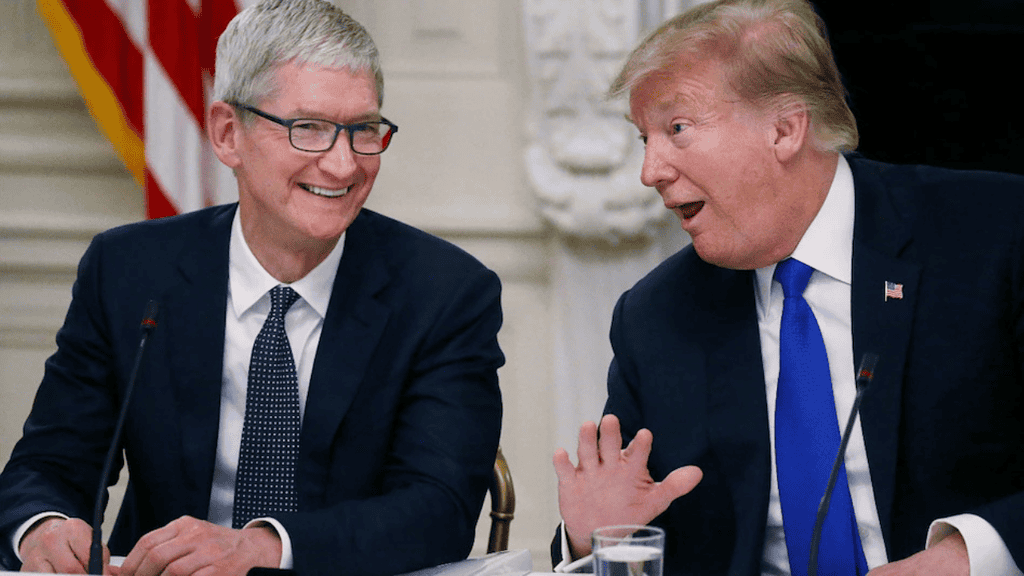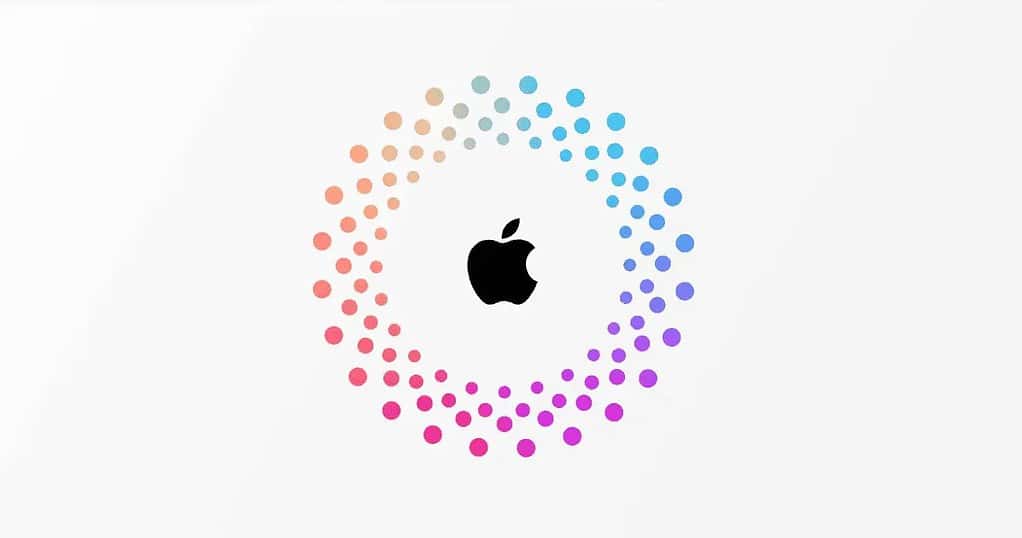If you are excitedly waiting for the iPhone 17 series, you’re probably thinking about how the newly announced tariffs will impact its prices. According to several analysts, the new tariffs could make the iPhone much more expensive, with some predicting that the iPhone 17 Pro Max could even reach a staggering $2,300. Here are all the details.
Apple’s Tariff Trouble
On April 2, 2025, President Donald Trump announced a new round of “reciprocal” tariffs, which shook Apple’s supply chain to its core. Imports from China were hit with a 54% tariff, while those from India got a 26% rate.
Unsurprisingly, Apple’s stocks took a huge hit. Shares dropped by 19%, wiping out a staggering $638 billion in market value.
Will Apple Get an Exemption?

Last time, President Trump imposed tariffs that didn’t apply to the iPhone, and Apple received exemptions for products like the Apple Watch. While Tim Cook managed to secure exemptions in 2019, it appears that won’t be the case this time.
The new tariffs have been implemented under the International Emergency Economic Powers Act (IEEPA). There’s no product list for exemption, and Apple does not have a formal process to apply for one.
The only way to get an exemption is by a specific order from the President, who is not in the mood to exempt any company or product. Tim Cook has met Trump multiple times and even donated $1 million to Trump’s inaugural committee, but so far, his efforts have been in vain.
Apple May Raise Prices of All Products to Offset Tariff Costs

According to a Reuters report, the analysts at Rosenblatt Securities believe that Apple could increase the price of its iPhone and Apple Watch by 43%. This would pass the added costs of the tariffs to the end customers. The remaining product lines wouldn’t be spared either. On average, there could be around a 40% price increase across Apple products.
Specifically, Rosenblatt Securities suggests Apple could increase the prices as follows:
- iPhones: 43%
- Apple Watch: 43%
- iPad: 42%
- Mac: 39%
- AirPods: 39%
iPhone 17 Price Increase: What to Expect

The Cupertino giant might have ample iPhone 16 models in the US to avoid price increases. However, it’s hard to imagine a scenario where the iPhone 17 prices remain the same. They will go up, at least somewhat. If Apple chooses not to increase the prices, it could face a 15% drop in earnings per share.
If Apple implements the estimated price hikes, there will be a huge increase in the iPhone 17 prices.
Currently, the base iPhone model, the iPhone 16 starts at $799. If Apple plans to offset the tariff costs, the upcoming iPhone 17 will start at $1,140, which is a notable increase of $340. Whereas, the top-of-the-line iPhone 17 Pro Max with maxed-out 1TB storage might carry an exorbitant $2,300 price tag, which is $700 up from the current $1,599 price point. The same goes for the current iPhone 16 models.
If this analysis turns out to be true, a $2300 iPhone might not be too far.
The newest iPhone 16e launched in February 2025, would also get a substantial increase. Rather than the current $599 price tag, you’ll have to pay $850 for the same device. This would make the iPhone 16e even more expensive than the current iPhone 16, despite its limitations.
It’s worth knowing that not everyone agrees with the projected 43% increase. The Counterpoint Research co-founder Neil Shah believes the number will be closer to 30%. He says this is the minimum amount to offset tariff costs.
Meanwhile, the CFRA Research analyst Anglio Zino claims Apple will struggle to impose a price increase of more than 5 to 10% at the present. However, he also expects a major price change for the iPhone 17 lineup arriving in September 2025.
Where Apple Products are Made: A Key Factor

The analysis may be different, but one thing is certain—Apple would increase the price of its iPhone 17 models. How much, though, remains to be seen.
The impact of new tariffs on Apple products will depend on where they are made. Currently, China holds around 80% of Apple’s total production capacity, which means it assembles around 90% of iPhones and iPads.
Although Apple has manufacturing facilities in Taiwan, Thailand, India, and Vietnam, these countries are also affected by increased tariffs ranging from 26% to 46%.
At present, India assembles 10 to 15% of iPhones, and it is likely to rise to 20% by the end of 2025. Notably, Apple faces a 26% tariff on imports from India, which is much lower than the 54% tariff imposed on imports from China. As a result, Apple plans to increase iPhone production in India to mitigate the higher costs associated with China imports.
Of course, Apple could plan other strategies to keep the iPhone 17 prices low.
